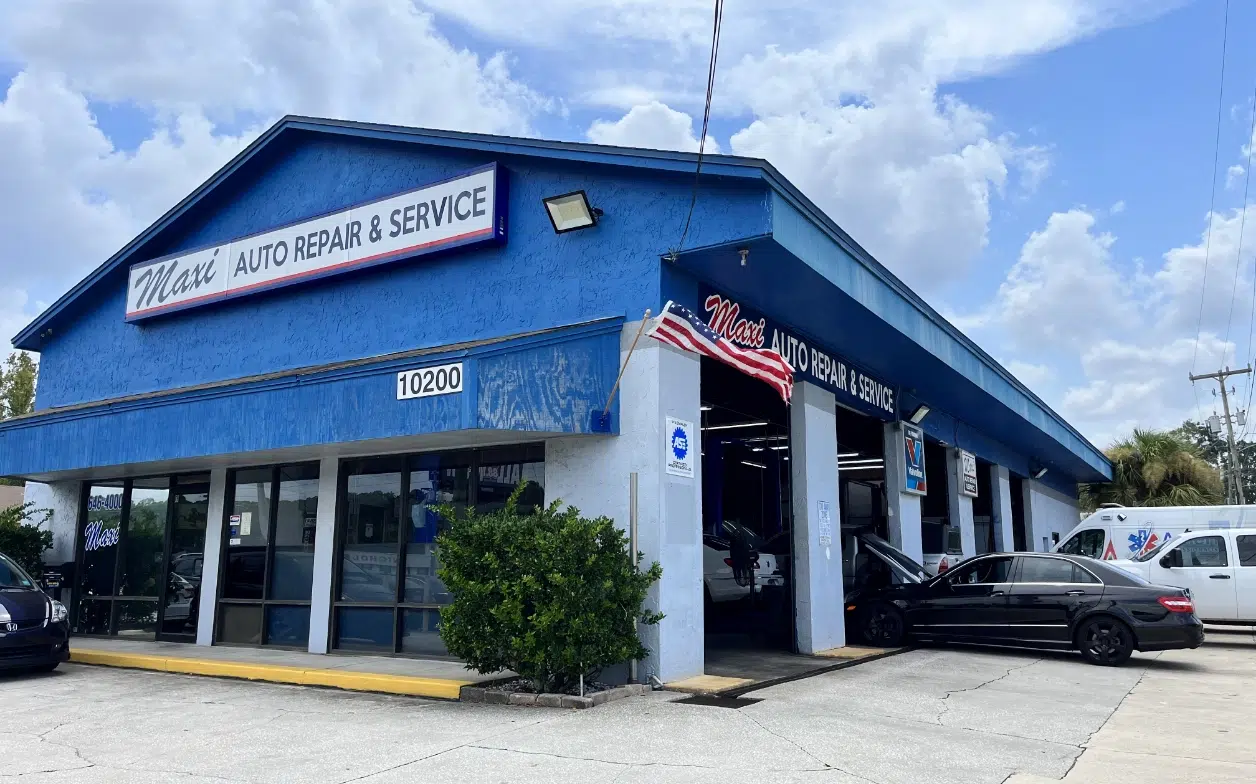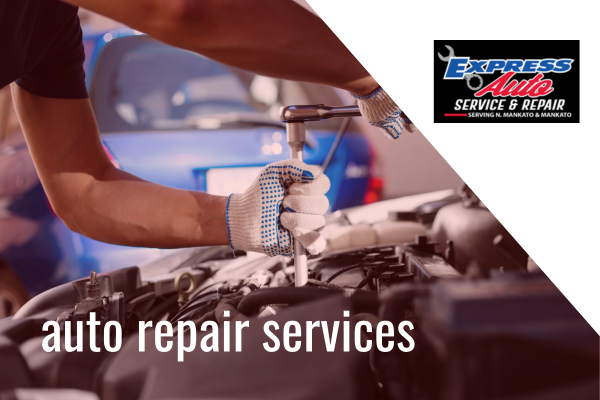All Categories
Featured
Brakes are perhaps the most important safety and security attribute of any automobile. Without reputable brakes, even one of the most powerful auto can end up being a threat when traveling. That's why routine brake examinations are a must for ensuring your lorry quits when you require it to. Adhering to a proper brake inspection timetable can not only maintain you safe yet likewise assist you prevent costly fixings. Here's a comprehensive overview on exactly how to effectively examine your brakes and what to watch out for.
- The Importance of Normal Brake Inspections. Brakes go through continuous wear and tear with every usage, whether you're driving at high speeds on the freeway or travelling with city streets. In time, brake pads, blades, and various other parts wear down, which can influence braking performance. Without regular examinations, you may not notice the steady decline in performance till it's far too late.
Regular brake assessments permit you to catch concerns early, guaranteeing that your brakes stay receptive, reputable, and risk-free. Timely examinations can also save you cash by resolving small issues prior to they become expensive repair work.
- Typical Signs That Your Brakes Need Interest. While routine brake evaluations are crucial, there are some indication you can look out for to know when it's time to set up a check-up:
Squeaking or Grinding Appears: High-pitched squeaks or grinding sounds when applying the brakes are typically indications that your brake pads are used out and need substitute. Resonance or Pulsation: If you really feel resonances in the guiding wheel or the brake pedal, it can indicate distorted rotors, which may require resurfacing or changing. Soft or Squishy Brake Pedal: If the brake pedal feels unusually soft or squishy, there may be air in the brake lines or a problem with the master cylinder. Pulling away: If your auto pulls away while stopping, this might be brought on by uneven brake pad wear or a problem with the brake fluid. Raised Stopping Distance: If it takes longer to stop than common, it may suggest that the brake pads are put on, the fluid is reduced, or the rotors are harmed. If you discover any of these signs, it's ideal to have your brakes checked immediately.

- Secret Elements Checked During Brake Inspections. During a brake evaluation, a service technician will check several important parts of the stopping system to make sure every little thing is working properly. Here are the crucial parts included:
Brake Pads: The most common reason for poor braking performance is damaged brake pads. Evaluating the thickness of the pads is a concern during every assessment. Brake Rotors: Blades must be smooth and without grooves or splits. Any significant damage to the blades can cause endangered stopping effectiveness and irregular pad wear. Brake Liquid: Low or infected brake liquid can hinder stopping efficiency. The specialist will certainly inspect the fluid degrees and top quality and replace it if needed. Brake Lines and Hose pipes: Brake lines ought to be devoid of leaks or splits. Any kind of damage to the lines can result in loss of brake fluid, bring about brake failing. Brake Calipers: The calipers apply stress to the brake pads. They must be inspected for indications of wear or leakages to ensure they are operating appropriately. Frequently examining these elements assists keep your brake system in peak problem, permitting you to stop your automobile securely and efficiently.
- Exactly how Usually Should You Have Your Brakes Inspected? The basic suggestion is to have your brakes examined a minimum of annually or every 12,000 miles, depending on your driving practices. Specific driving conditions may call for more regular evaluations:
Hefty Traffic: If you typically drive in stop-and-go traffic, your brake pads will put on down much faster. Mountain Driving: Driving on steep roadways calls for even more constant stopping, which can create your brakes to put on quicker. Towing or Hauling Heavy Plenties: If you routinely carry hefty loads, your brakes will experience extra stress and anxiety and need more constant evaluations. If you see any of the warning signs stated previously, don't wait for the next scheduled examination-- have your brakes checked quickly.
- The Effects of Neglecting Brake Inspections. Neglecting normal brake evaluations can result in major effects. A falling short brake system might cause decreased stopping power, which boosts your risk of mishaps. Neglecting brake upkeep can likewise cause much more costly repairs. For instance, if you postpone replacing used brake pads, the damages could prolong to the rotors, resulting in the need for blades substitute, which is an even more costly fixing.
In the most awful situation, driving with harmed brakes can result in finish brake failure, putting you and various other chauffeurs in danger. Routine brake assessments are a small investment that can save your life and avoid expensive repair work.
- Final Thought: Stay Safe with Routine Brake Inspections. Brakes are not something you desire to take opportunities with. A reliable stopping system is vital for secure driving, and regular brake assessments are a straightforward method to ensure that your cars and truck stops when you require it most. By staying on top of brake upkeep, expecting warning indications, and having your brakes inspected at the suggested periods, you'll protect both your vehicle and your safety and security.
Do not wait up until your brakes start to fall short-- timetable regular brake evaluations and maintain your automobile in optimal problem for years to come.
Latest Posts
Explore Cost-Effective Auto Repairs with Montclare’s Exclusive Service Specials
Find Out Save Big on Car Maintenance with Montclare Auto Repair’s Exclusive Deals
Reliable Overhead Door Solutions for Homes and Organizations
More
Latest Posts
Explore Cost-Effective Auto Repairs with Montclare’s Exclusive Service Specials
Find Out Save Big on Car Maintenance with Montclare Auto Repair’s Exclusive Deals
Reliable Overhead Door Solutions for Homes and Organizations
